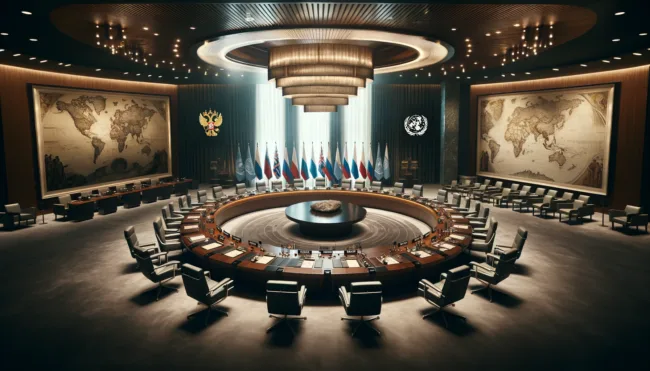Vladimir Putin initiates fifth term with major military leadership changes
As Russian President Vladimir Putin embarks on his unprecedented fifth presidential term, he has implemented the most profound reshuffling of the country’s military leadership since the conflict in Ukraine began in February 2022. The reshuffling saw Sergei Shoigu, a longstanding and trusted ally of Putin, transitioned from his position as the Minister of Defense to the chairman of Russia’s influential Security Council. This body is a crucial component of the Russian presidential administration, tasked with the oversight and execution of national security policies.
Although officially a promotion, Shoigu’s reassignment is perceived by some analysts as a demotion, especially in light of the challenges and criticisms he faced in his former role. This move comes after a tumultuous period marked by a dramatic and brief mutiny led by Wagner chief Yevgeny Prigozhin, who died in a mysterious plane crash in August 2023. Prigozhin had openly criticized Shoigu for alleged incompetence and disregard for the lives of Wagner troops.

Russian President Vladimir Putin initiates his fifth term with major military leadership changes, reassigning Sergei Shoigu to the National Security Council.
Shoigu’s tenure as defense minister began in 2012, a period highlighted by the controversial annexation of Crimea in 2014—a military operation that significantly boosted his popularity in Russia. He was seen as a key figure in Russia’s military affairs, often accompanying President Putin on trips and having a significant influence on military strategies. However, his later years were marred by criticism, particularly regarding the initial failures of the Russian military to overpower Ukrainian defenses at the onset of the Ukraine conflict.
Critics within the Russian military have blamed Shoigu for not adequately preparing the armed forces for the challenges of modern warfare, and for not effectively addressing the corruption that has long plagued the military establishment. The armed uprising in June 2023 by Prigozhin, which called for Shoigu’s arrest, further tainted his record, casting doubts on his ability to manage the disparities between regular forces and mercenary groups like Wagner.
This reshuffling reflects the complexities of Russian military and political dynamics, suggesting a strategic recalibration as President Putin seeks to stabilize his administration amidst ongoing internal and external pressures. The move could have significant implications for Russia’s future military strategies and its political landscape.
The reassignment of Sergei Shoigu to head the Security Council, while strategically placing him in a high-ranking position, may also be a maneuver by President Putin to maintain loyalty within the top echelons of power while addressing the criticisms and unrest that have surfaced in recent times. This decision not only reshapes Russia’s military leadership but also potentially alters its approach to both domestic and international security challenges.
Discover more from Business-News-Today.com
Subscribe to get the latest posts sent to your email.